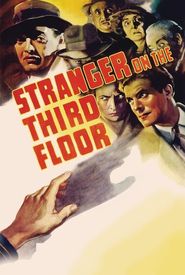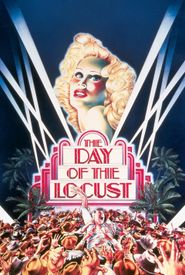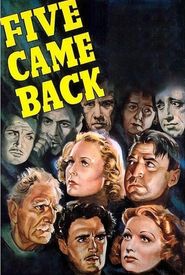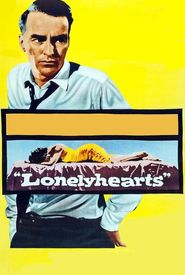Nathan Weinstein, a name that would eventually morph into the literary moniker Nathanael West, made his debut on the literary stage on October 17, 1903, thus commencing a remarkable odyssey that would ultimately result in his reputation as a preeminent American author and screenwriter being forever etched in the annals of literary history.
Born with a fire in his belly and a passion for the written word, West's life was marked by a series of events that would shape his artistic trajectory and inform the themes that would later become hallmarks of his work.
As the years unfolded, West's creative output only continued to flourish, with his unique brand of literary alchemy yielding a body of work that was both critically acclaimed and commercially successful.
Tragically, however, West's life was cut short on December 22, 1940, leaving behind a legacy that would continue to captivate readers and inspire writers for generations to come.
Despite the brevity of his life, West's impact on American literature was profound, and his work continues to be celebrated for its innovative style, its unflinching gaze into the abyss of the human condition, and its enduring ability to resonate with readers.
Nathanael West's literary legacy is defined by two monumental novels, widely regarded as ingenious and darkly satirical masterpieces that continue to captivate readers to this day. The first of these groundbreaking works, "Miss Lonelyhearts", published in 1933, is a scathing critique of the newspaper industry, offering a stark and unflinching portrayal of the desolate and often cruel world of journalism, where the lines between fact and fiction are blurred and the pursuit of truth is compromised by the relentless pressure to sell newspapers.
This powerful novel serves as a searing indictment of the dark underbelly of the newspaper industry, exposing the cynical and often cruel tactics used by journalists to attract readers, as well as the dehumanizing effects of the fast-paced and high-pressure world of news reporting. Through the eyes of its protagonist, a disillusioned and increasingly desperate newspaper columnist, West masterfully explores the themes of alienation, despair, and the search for meaning in a world that seems to value nothing but the sensational and the salacious.
West's second novel, "The Day of the Locust", released in 1939, is a similarly scathing critique of the Hollywood film industry, exposing the superficiality and corruption that lay beneath the glamorous facade of Tinseltown. This novel is a searing indictment of the vacuousness and cynicism that permeate the world of Hollywood, where the pursuit of fame and fortune is often achieved through deceit, manipulation, and a complete disregard for artistic integrity.
Through its vivid and often brutal portrayal of the Hollywood elite, West's novel serves as a powerful commentary on the darker aspects of the American Dream, where the pursuit of success and happiness is often compromised by the relentless pressure to conform to societal norms and the constant need to reinvent oneself in order to remain relevant. Ultimately, "The Day of the Locust" is a powerful exploration of the human condition, one that continues to resonate with readers today.































